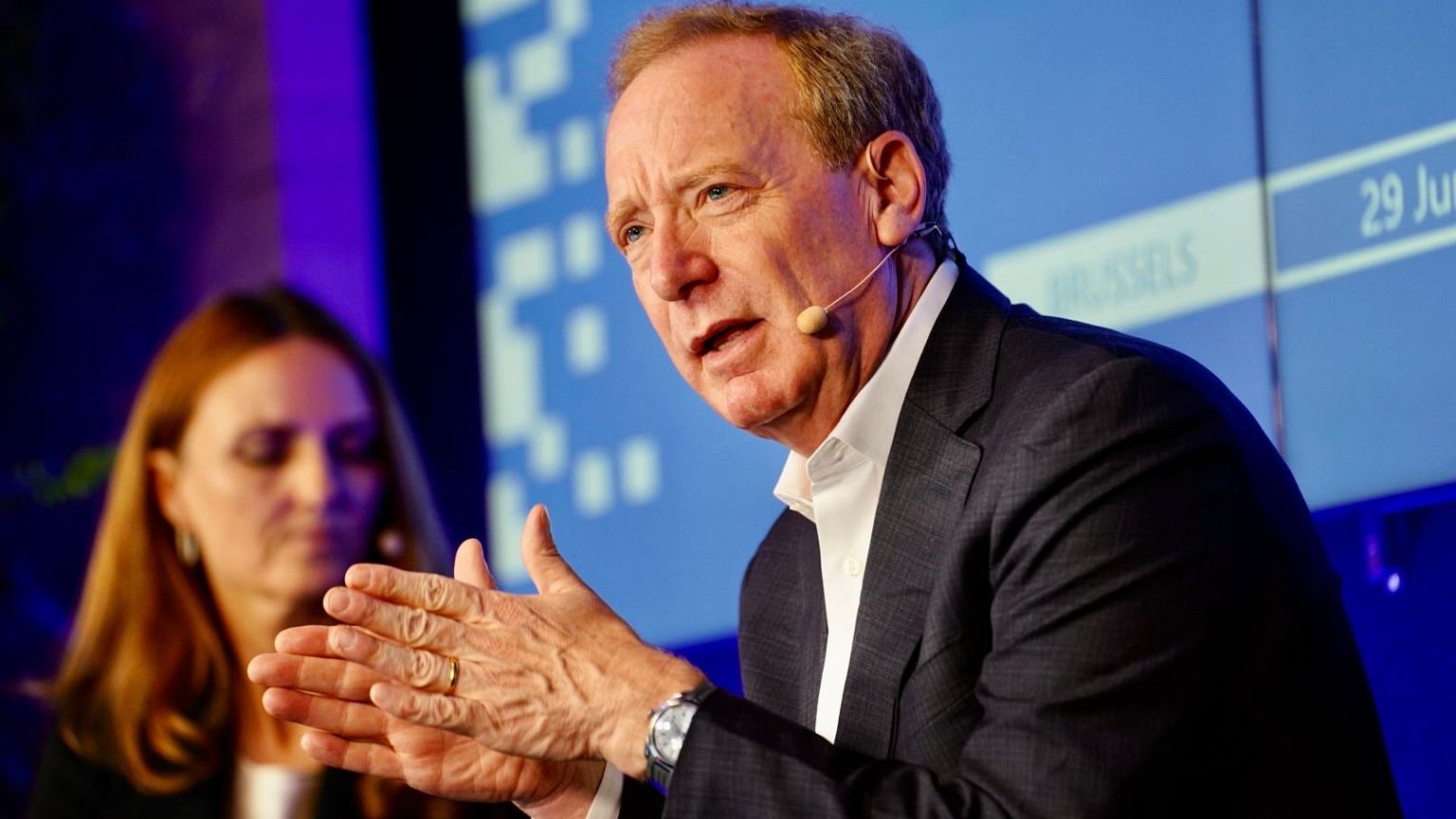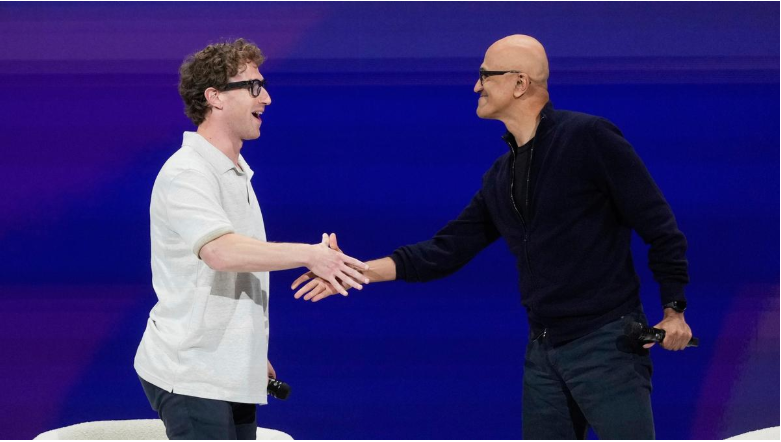The European Union is pushing ahead with its landmark artificial intelligence regulations, and tech giants are now revealing where they stand. Microsoft has expressed a strong likelihood of signing the EU’s voluntary AI code of practice, which is designed to help companies align with the broader AI Act that came into force in June 2024. On the other hand, Meta has made it clear that it will not support the code, raising concerns that it imposes excessive and ambiguous obligations.

Microsoft President Brad Smith confirmed to Reuters that the company is reviewing the documents but is inclined to sign. He welcomed the open dialogue between the AI industry and the EU’s regulatory office, highlighting the need for mutual collaboration in shaping a responsible future for artificial intelligence in Europe. Smith’s comments signal Microsoft’s growing focus on regulatory alignment, especially as it continues to invest heavily in generative AI and enterprise AI solutions.
The voluntary code, created by 13 independent experts, is part of the broader effort to prepare companies for compliance with the AI Act. It asks participating companies to publish summaries of the data used to train their general-purpose AI models and to ensure adherence to EU copyright laws. Although not mandatory, the code is seen as a bridge between industry best practices and the legally binding rules that are set to follow.

Meta, however, has taken a firm stance against the guidelines. Joel Kaplan, Meta’s Chief Global Affairs Officer, publicly stated that the company will not sign the code. He argued that the code introduces significant legal uncertainty and includes requirements that exceed the original scope of the AI Act. Kaplan emphasized that Meta shares concerns raised by a group of 45 European companies that believe the code could hinder the development and rollout of advanced AI technologies in the region. He warned that these restrictions may stifle innovation and place European startups at a disadvantage.
This divide between Microsoft and Meta reflects a larger debate within the tech industry about how AI should be governed. While some companies are choosing to engage with regulators early to build trust and influence future frameworks, others see the current regulations as overreaching and potentially harmful to progress.

Other major AI firms like OpenAI and Mistral have already signed the code, showing a willingness to work within the EU’s evolving regulatory landscape. Alphabet, the parent company of Google, is also expected to weigh in soon, as the regulations apply to thousands of companies that develop or integrate general-purpose AI.
The EU’s AI Act and its accompanying code of practice are among the most ambitious efforts globally to regulate artificial intelligence. As Europe sets the stage for responsible AI use, the contrasting positions of Microsoft and Meta underline the challenges regulators face in achieving consensus across an industry marked by rapid innovation and differing philosophies.
To stay ahead on AI policy, tech updates, and industry news, follow Tech Moves on Instagram and Facebook.














